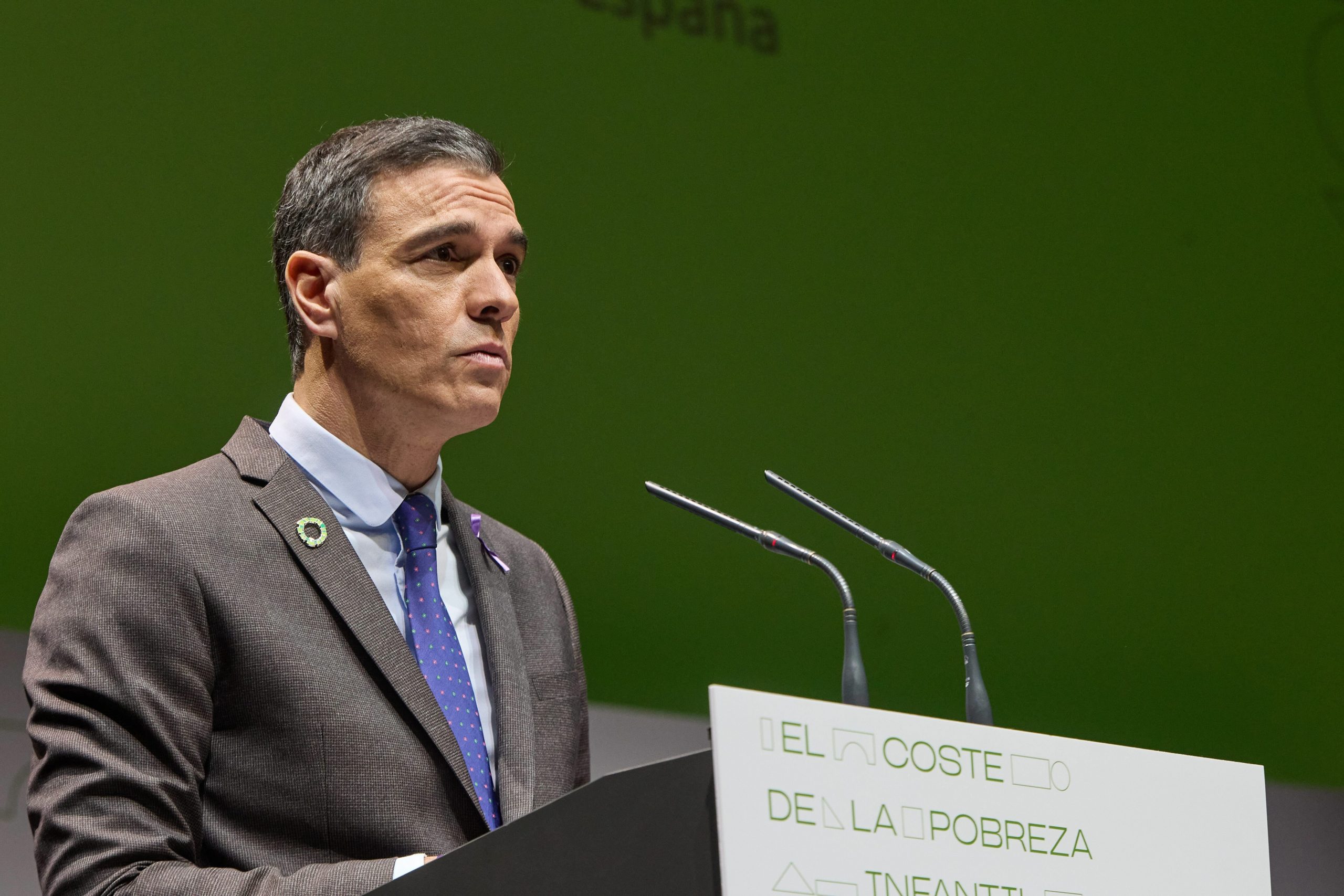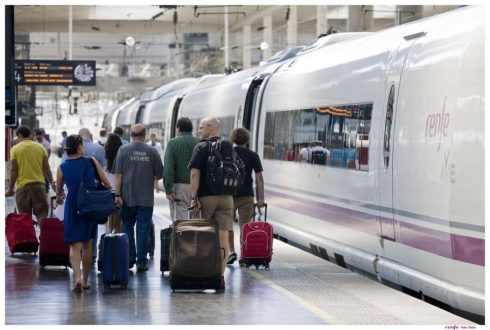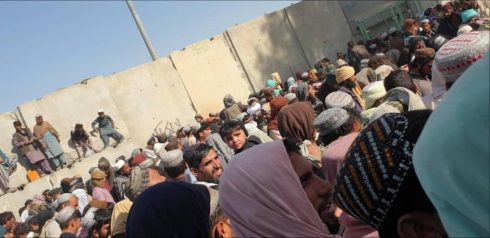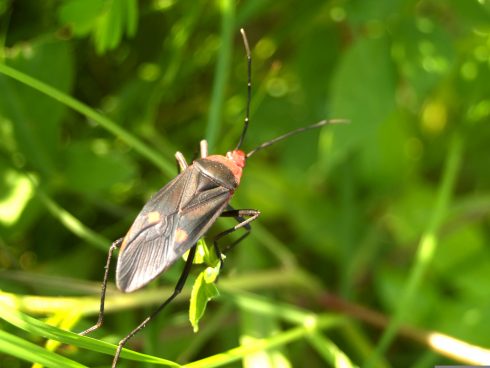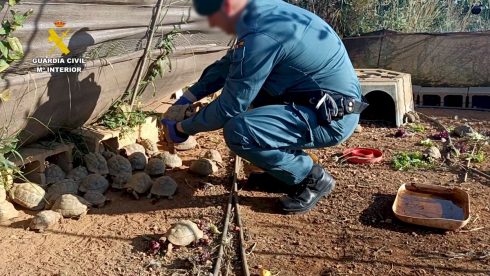AHEAD OF THE July 23 snap general election, Prime Minister Pedro Sanchez on Monday challenged his main opponent to six face-to-face debates. But the Popular Party (PP) hopeful Alberto Nuñez Feijoo has turned the Socialist Party (PSOE) leader down, with the party calling the idea an ‘eccentricity’ on the part of Sanchez.
Sanchez’s proposal involved a debate every Monday, starting from June 12 and running all the way up to the elections themselves. Sanchez stated that there were offers on the table from a number of media companies to host the political sparring matches.
“There is more than enough time for citizens to form an opinion of what each person is proposing,” he said on Monday at an event in Madrid, in comments reported by Europa Press.
But the idea was immediately ruled out by Feijoo and his team.
“Spain doesn’t need six debates, that’s what Sanchez needs,” said Borja Semper, the PP spokesperson. “Spain is not in the mood for eccentricities,” he added.
Feijoo is considered to be the favourite to win the elections, and according to analysis in the Spanish press he will want to avoid such debates, which can be risky.
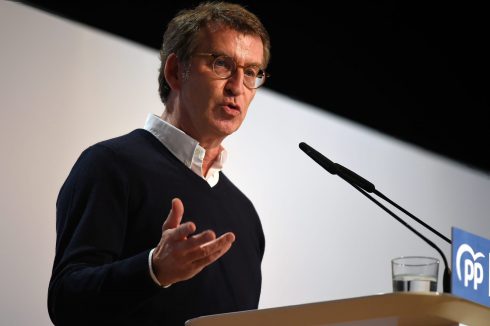
When Sanchez and Feijoo have faced each other in Senate debates – Feijoo is not a deputy, so they cannot joust in the Congress of Deputies – the Socialist Party leader has usually been considered the winner.
Before 2015, Spain had a two-party system, with the PP and the PSOE alternating in power. However, the emergence of smaller groups such as centre-right Ciudadanos and leftist Podemos saw an end to that hegemony.
The fragmentation of the political spectrum also meant an end to the traditional one-on-one televised debates between PP and PSOE candidates. The last one to be held was in 2015, between Pedro Sanchez and former PP prime minister Mariano Rajoy.
There have, however, been debates with four or five candidates, including politicians from Podemos, Ciudadanos and far-right Vox.
Spain will be going to the polls for the first time in summer since the return to democracy in the late 1970s. Sanchez called the elections – which were due to be held in December – after his party and other leftist groups fared poorly in the May 28 local and regional elections.
The latest polls suggest that the PP will win the most seats but may struggle to form a government with far-right Vox, as the sum of both groups may still fall short of a majority.
The PSOE and smaller parties and coalitions could scrape enough seats to repeat the current coalition arrangement that has been in place since early 2020.
Read more:
- EU to delay presentation of Spain’s rotating presidency until after snap elections in July
- Spain’s Socialists release attack ad making fun of opposition leader’s lack of English
- Former president of Spain’s Citizens party quits after electoral disaster

